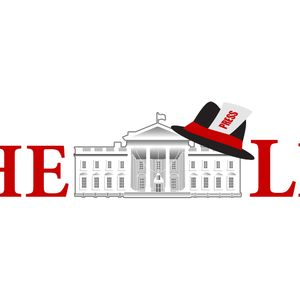Ann Selzer, the pollster behind the Des Moines Register’s election poll that showed Donald Trump trailing Kamala Harris by 3 percentage points in Iowa, has announced her retirement. The poll, which ultimately missed the mark by more than 16 percentage points, generated significant reaction and controversy.
Published just days before the 2024 election, it predicted a dramatic loss for Trump in deep-red Iowa. Some media outlets labeled the poll as a “stunning warning” for Trump, suggesting it “could spell trouble” for his campaign.
In the wake of the poll’s release, bets on a Trump victory dropped by more than 10 percentage points on Polymarket, and Trump’s stock on Truth Social also declined.
Selzer had served as the lead pollster for the Iowa Poll since 1997. Despite the recent miss, the poll has a long track record of accuracy, correctly predicting the outcome of five of the last seven presidential races.
Although the poll’s flawed prediction drew criticism, Selzer said she had decided to retire a year ago, long before the 2024 poll was released. She acknowledged that the survey was a “big miss” but suggested it may have inadvertently energized Republican voters in Iowa, contributing to Trump’s eventual easy victory in the state.
Trump, however, was quick to dismiss the poll and is now calling for an “investigation.” He posted on Truth Social, calling the poll “a totally fake poll” that created “great distrust and uncertainty” at a critical time. Trump thanked Iowa voters for his victory and alleged “election fraud” by Selzer and the Des Moines Register. He called for an investigation into the poll.
In her farewell column, Selzer admitted that polling is an unpredictable “science of estimation” and expressed humility over the results. She also emphasized the importance of integrity in her work and said she would learn from the unexpected findings.
The Des Moines Register responded to the poll’s inaccuracy, with executive editor Carol Hunter stating that the newspaper plans to “reimagine” its polling methods in the future to better reflect public sentiment and improve accuracy. Gannett Media, which owns the Register, acknowledged that it had failed to meet its mission of providing “trusted news and content,” admitting that the poll did not deliver on that promise.































































































